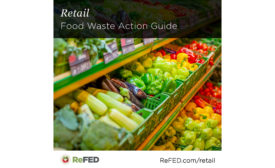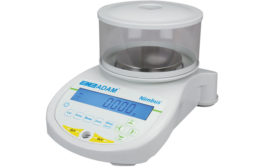Kerry unveils consumer research, confirming growing consumer expectations of food safety
Results around emerging new categories such as plant-based meat and dairy highlight areas for education and improvement within the food and beverage industry.
Read More



